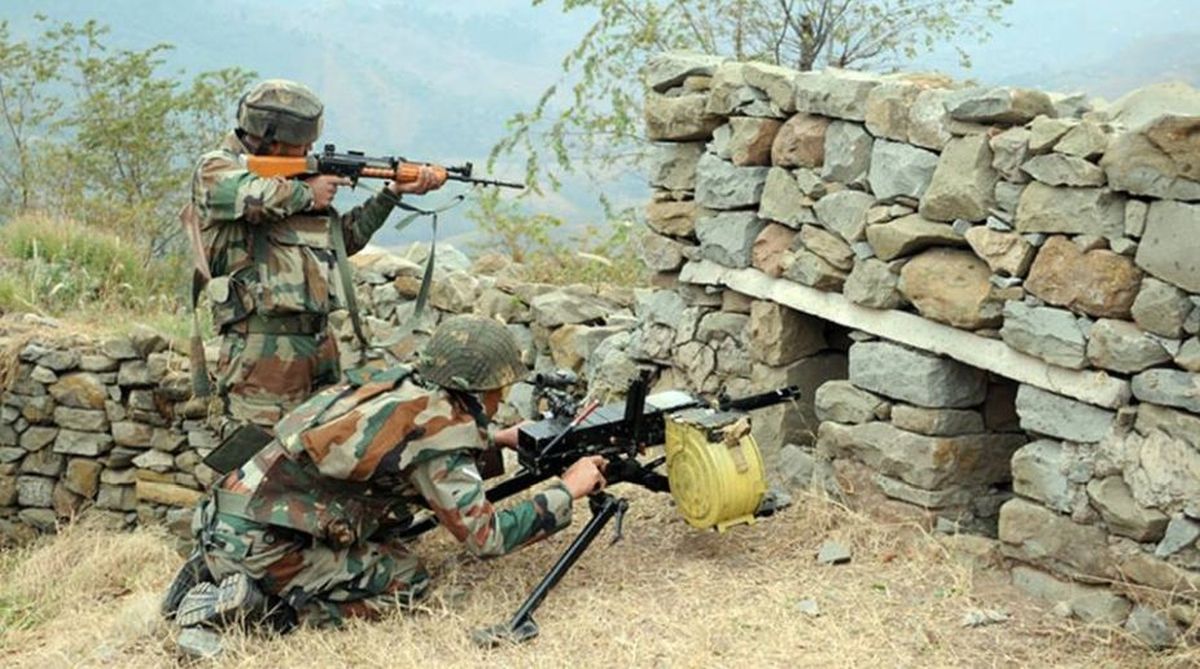India turns to Nepal for tomato imports in exchange of rice
In a bid to alleviate the strain of soaring tomato prices, India has turned to its neighbor, Nepal, for imports.…
The meeting was held at the south Delhi-based headquarters of the SSB — the 94,000-strong paramilitary force mandated to guard 1,751 km India-Nepal and 699 km India-Bhutan borders.

(Photo: Representational Image - Facebook/File)
India and Nepal have agreed to enhance cooperation and coordination between their border guarding forces and emphasised timely sharing of information between their forces on trans-border crime and criminal activities, a statement from Sashastra Seema Bal (SSB) said on Friday.
The decision was taken at a three-day 3rd India-Nepal Coordination meeting that began on August 8. The Indian delegation was led by SSB Director General Rajni Kant Mishra and a seven-member Nepalese team was headed by Shailendra Khanal, Inspector General of Nepal Armed Police Force.
Advertisement
The meeting was held at the south Delhi-based headquarters of the SSB — the 94,000-strong paramilitary force mandated to guard 1,751 km India-Nepal and 699 km India-Bhutan borders.
Advertisement
“The main aim of the meeting was to enhance mutual cooperation and coordination between the border guarding forces. Both sides discussed various issues covering prevailing border situation, trans-border crimes, human trafficking for maintaining sanctity and security of the international border,” said the statement.
Both sides agreed to continue holding regular coordination meetings at all levels, it said.
“The two forces discussed security scenario along the border and emphasized timely sharing of information between them on trans-border crime and criminal activities,” said the statement.
The Nepalese delegation was on official visit from August 7 to 10.
On the first day, the Nepalese delegation met Union Home Secretary Rajiv Gauba and discussed joint patrolling, common training of armed forces’ officers and regular border meetings.
Appreciating the coordination between India and Nepal, the visiting delegation emphasised the need for periodic coordination meetings and common training courses for armed police officers of the two countries.
Advertisement